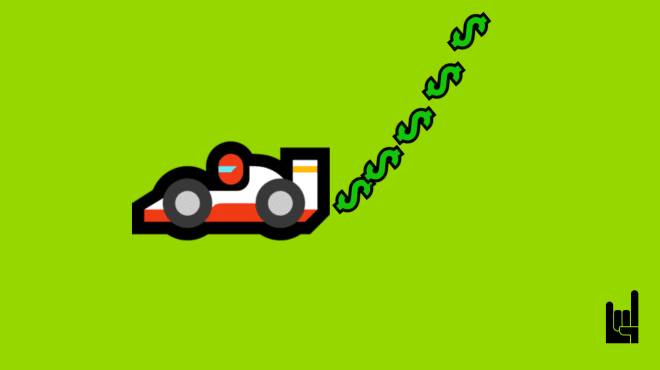AI Overviews appear in Google Search results when our systems determine that generative responses can be especially helpful — for example, when you want to quickly understand information from a range of sources, including information from across the web and Google’s Knowledge Graph. No action is needed for publishers to benefit from AI Overviews.
The expansion of Google’s AI Overviews (AIO) is expected to impact website visits in several ways. While Google claims that AIOs will drive “higher quality” clicks and more engaged users, there are concerns that these AI-generated summaries might reduce the need for users to visit the actual websites. By providing answers directly in search results, AIOs could potentially decrease the overall referral traffic to content creators and publishers.
The long-term effects on website visits will depend on how users interact with these new features.
No. Publishers cannot ” sponsor” an AI overview, so no action is needed for them to benefit from them.
Yes, they do. AI overviews show links to resources that support the information in the snapshot and explore the topic further. BUT, Google’s systems automatically determine which links appear. There is nothing special for creators to do to be considered other than to follow our regular guidance for appearing in SERPS.
To mitigate any negative impact, focus on the following:
Create content with Topical Depth: If your content is detailed and offers in-depth information beyond the AI overview, users may still click through for comprehensive answers. Google’s AI overviews are designed to be quick summaries, so content that dives deeper into complex topics may still attract readers.
Target long tail Keyword: If you’re targeting high-level or basic keywords that AI overviews cover effectively, it could impact traffic. However, targeting long-tail keywords or providing unique, in-depth insights may make your content more resilient.
Build your Authority Actively: AI overviews tend to pull from high-authority sources. Building authority through backlinks, high-quality content, and expertise may help you become a source Google references, potentially turning the AI overview into an opportunity to showcase your content.
Incorporate Rich Snippets: Google’s AI often references rich snippets and featured content. Ensuring your content is optimized with structured data, concise summaries, and actionable insights can increase your chances of being part of these overviews.


